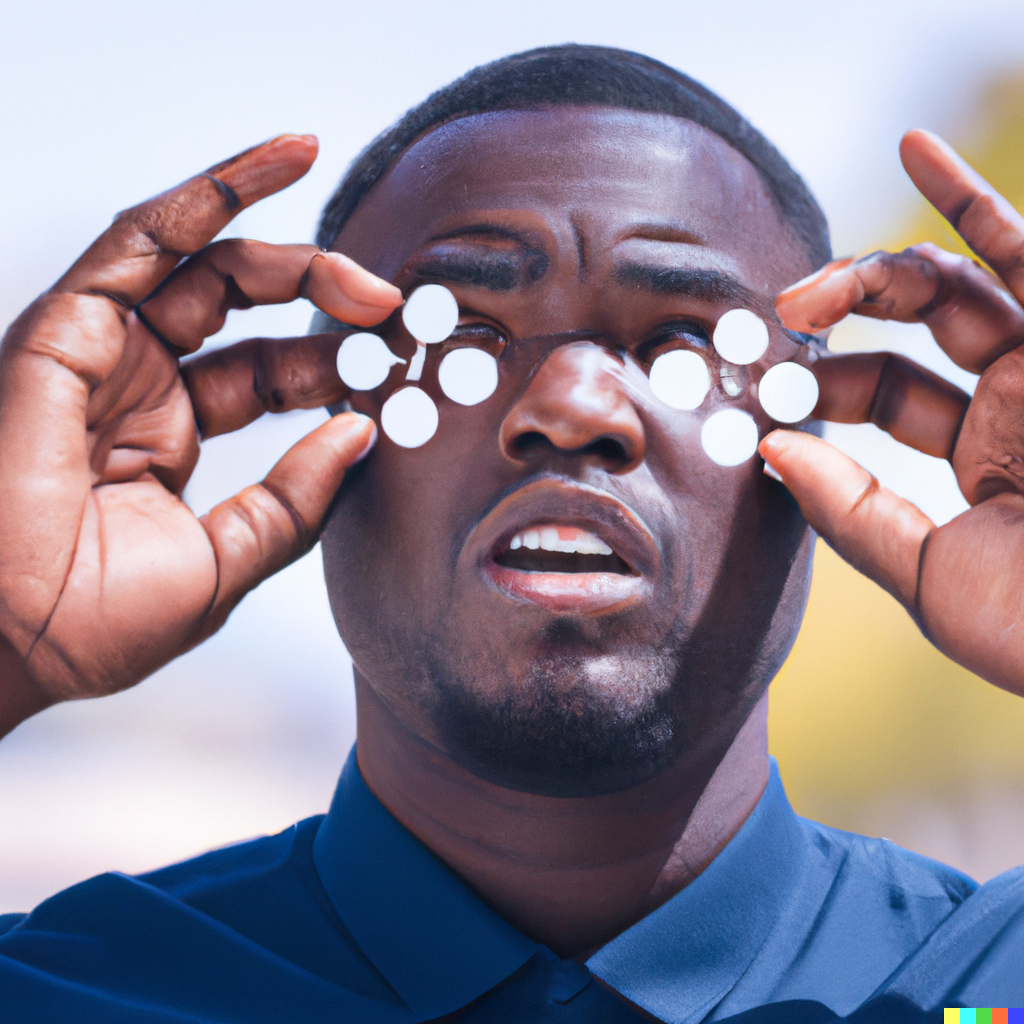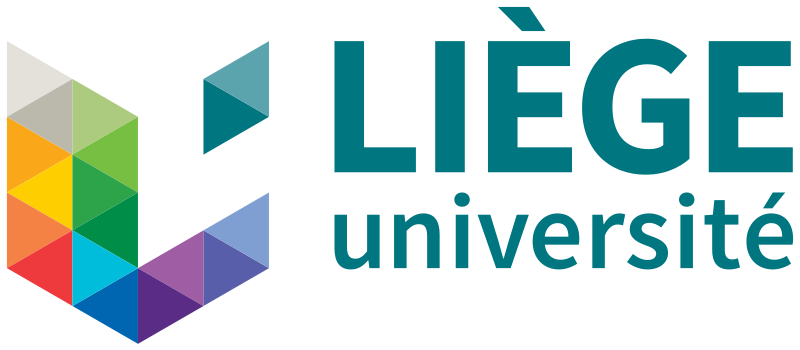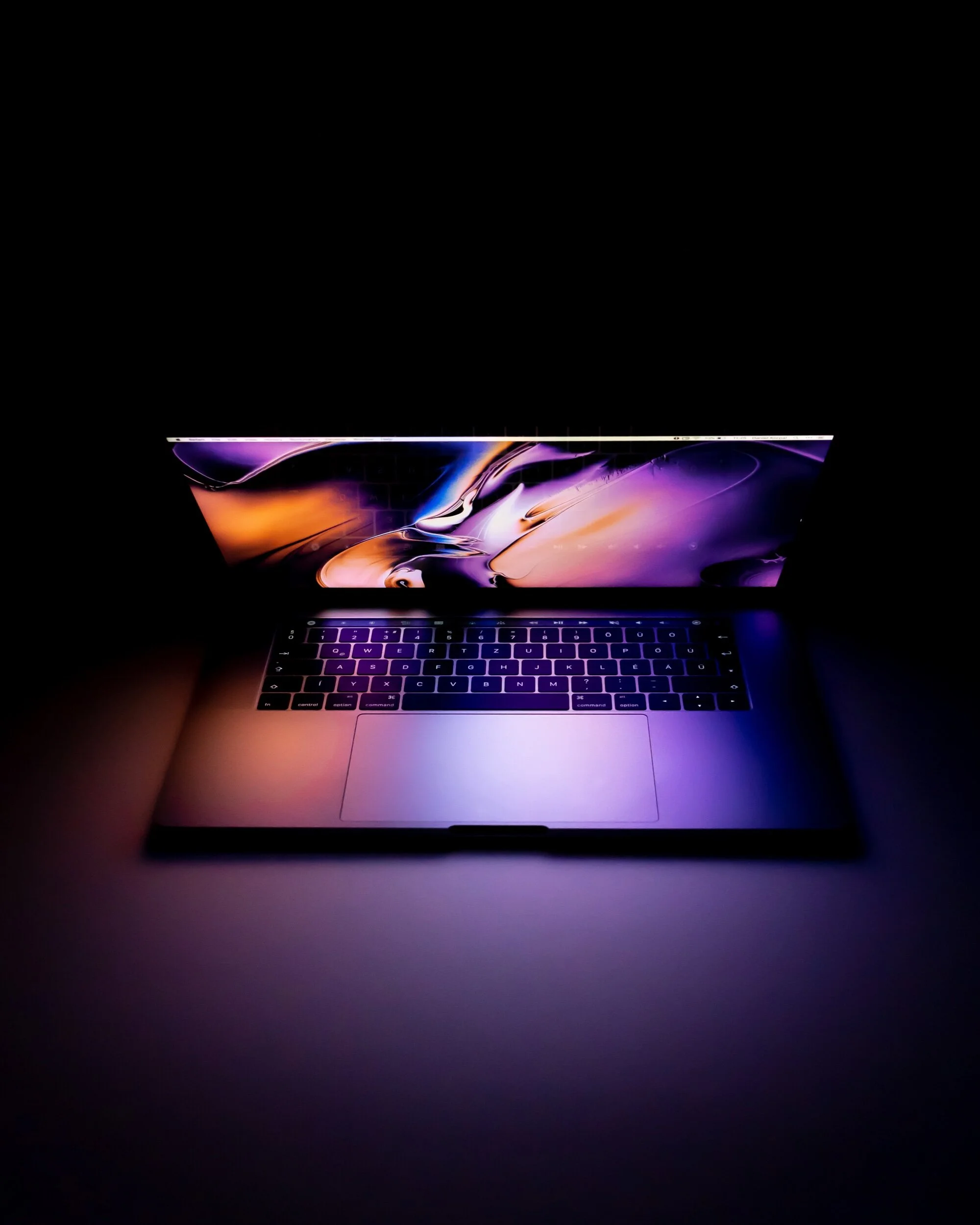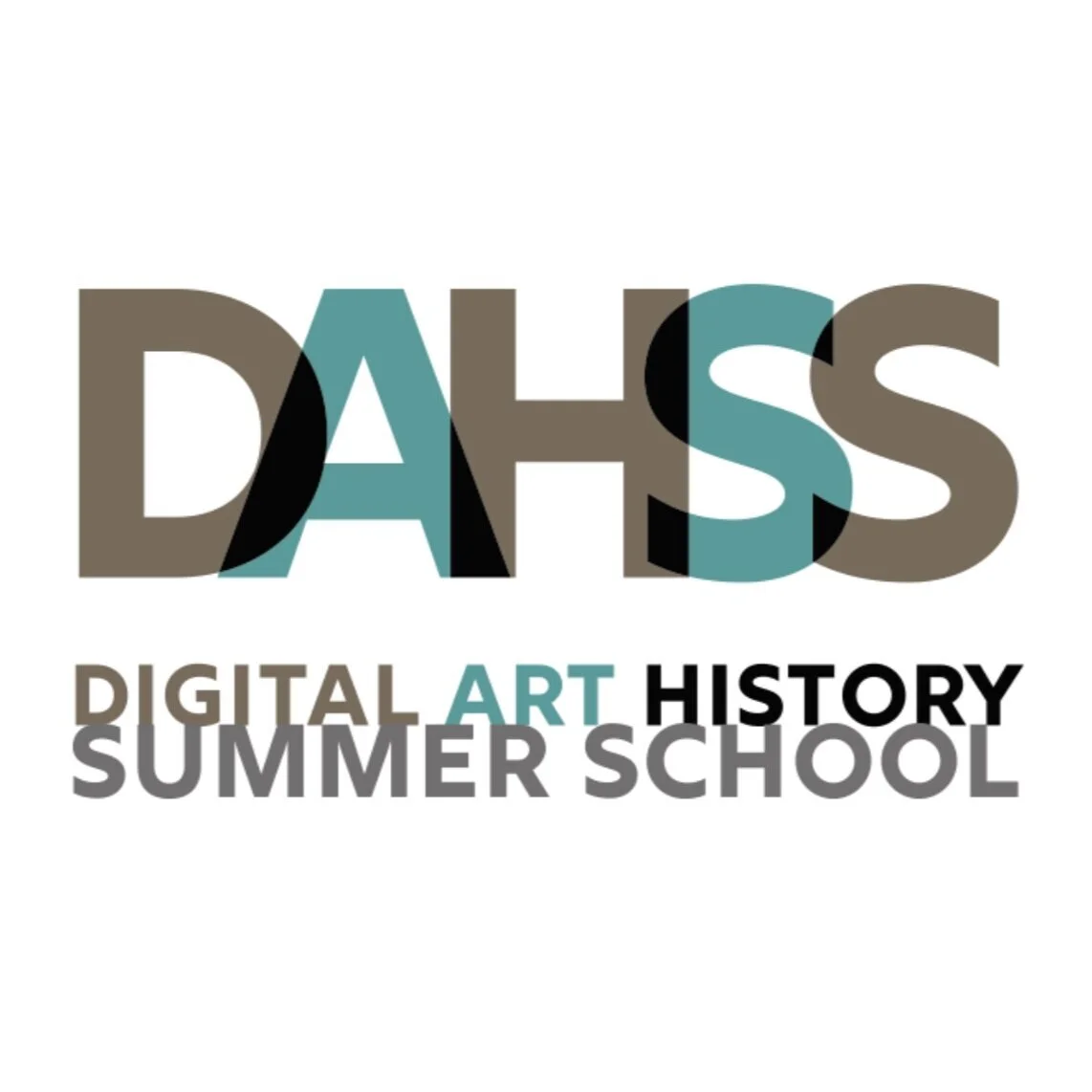Cultural Data Analytics Conference (CUDAN 2023)
Join us at our multidisciplinary conference exploring cultures and cultural production. We invite submissions across various fields including cultural analytics, digital humanities, computational linguistics, art history, and more. Explore material, conceptual, social, temporal, spatial, event, and network aspects of cultural data. Submit your work and contribute to the discussion.
Submit your abstract by July 24, 2023.
Visit the website for more details: https://cudan.tlu.ee/conference/
I am grateful to Max Schich for being part of the Programme committee.
Banner image by Midjourney














